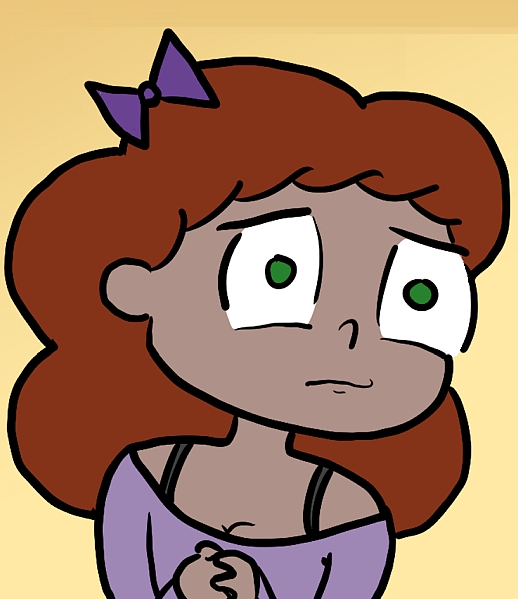- Welcome to Cook'd and Bomb'd.
-
 The Travails of Labour - The...
by dissolute ocelot
The Travails of Labour - The...
by dissolute ocelot
[Today at 12:12:26 PM] -
 Don't
by madhair60
Don't
by madhair60
[Today at 12:10:56 PM] -
 Wrasslin' Talk: Punk out
by Old Thrashbarg
Wrasslin' Talk: Punk out
by Old Thrashbarg
[Today at 12:10:19 PM] -
 The Captain Tom grift continues...
by Icehaven
The Captain Tom grift continues...
by Icehaven
[Today at 12:09:23 PM] -
 Little & Large Xmas special...
by Glebe
Little & Large Xmas special...
by Glebe
[Today at 12:08:13 PM] -
 Gig 'Whores : A New Hope
by sardines
Gig 'Whores : A New Hope
by sardines
[Today at 12:07:35 PM] -
 GC Rowling's Icky Bog Adventures,...
by Kankurette
GC Rowling's Icky Bog Adventures,...
by Kankurette
[Today at 12:04:13 PM] -
 youtube-dl on an old Mac broke...
by Sebastian Cobb
youtube-dl on an old Mac broke...
by Sebastian Cobb
[Today at 11:59:32 AM] -
 Doctor Who - Series 14, part...
by thr0b
Doctor Who - Series 14, part...
by thr0b
[Today at 11:55:52 AM] -
 American words/phrases you...
by Mr Vegetables
American words/phrases you...
by Mr Vegetables
[Today at 11:54:23 AM]
Members
 Total Members: 17,827
Total Members: 17,827 Latest: skinnylike
Latest: skinnylike
Stats
 Total Posts: 5,583,612
Total Posts: 5,583,612 Total Topics: 106,746
Total Topics: 106,746 Online Today: 1,104
Online Today: 1,104 Online Ever: 3,311
Online Ever: 3,311- (July 08, 2021, 03:14:41 AM)
Users Online
 Users: 104
Users: 104 Guests: 743
Guests: 743 Total: 847
Total: 847 batwings
batwings non capisco
non capisco lankyguy95
lankyguy95 JesusAndYourBush
JesusAndYourBush Mr Trumpet
Mr Trumpet AllisonSays
AllisonSays dissolute ocelot
dissolute ocelot matjam13
matjam13 ZoyzaSorris
ZoyzaSorris SteveDave
SteveDave AliasTheCat
AliasTheCat Stoneage Dinosaurs
Stoneage Dinosaurs lebowskibukowski
lebowskibukowski Ted-Maul
Ted-Maul Evil Knevil
Evil Knevil famethrowa
famethrowa Hank the Rapper
Hank the Rapper Benga Zara
Benga Zara JaDanketies
JaDanketies seepage
seepage McDead
McDead Butchers Blind
Butchers Blind cptpunk
cptpunk phes
phes Senior Baiano
Senior Baiano Kankurette
Kankurette greenman
greenman Old Thrashbarg
Old Thrashbarg Gethin Grave
Gethin Grave Blumf
Blumf persephone
persephone Snrub
Snrub StooeyGK
StooeyGK kenneth trousers
kenneth trousers Nice Relaxing Poo
Nice Relaxing Poo sardines
sardines ajsmith2
ajsmith2 Kelvin
Kelvin Gurke and Hare
Gurke and Hare Kenkun
Kenkun NattyDread 2
NattyDread 2 Lordofthefiles
Lordofthefiles Langdale
Langdale Elfking
Elfking FredNurke
FredNurke Twilkes
Twilkes Ruben Remus
Ruben Remus Pink Gregory
Pink Gregory Thosworth
Thosworth ros vulgaris
ros vulgaris Registering to lurk
Registering to lurk RFT
RFT DelurkedToHelp
DelurkedToHelp Johnny Van Axel Dongen
Johnny Van Axel Dongen Zetetic
Zetetic Duckula
Duckula poloniusmonk
poloniusmonk Huxleys Babkins
Huxleys Babkins Cottonon
Cottonon George White
George White frozen74
frozen74 godber
godber DL
DL robhug
robhug Magnum Valentino
Magnum Valentino Cuellar
Cuellar daf
daf Bellalunaesme2
Bellalunaesme2 brebsy
brebsy Thursday
Thursday Chairman Yang
Chairman Yang studpuppet
studpuppet Mr Vegetables
Mr Vegetables Critcho
Critcho Tiggles
Tiggles Alberon
AlberonBook pairing: The Dispossessed / Always Coming Home - Ursula Le Guin
Started by Pingers, October 24, 2018, 10:55:58 PM
Previous topic - Next topic
User actions

